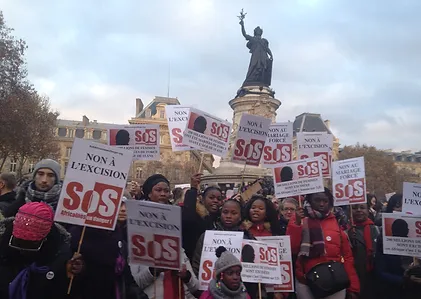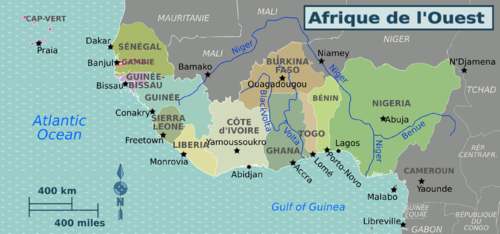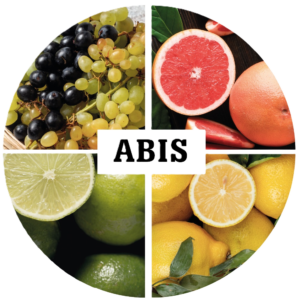IN SEPTEMBER, WE SUPPORTED SOS AFRICAINES EN DANGER

SOS Africaines en danger is a social public health program whose main mission is to fight the scourge of female genital mutilation in West Africa. And by extension to contribute to the improvement of the living conditions of the populations in the most disadvantaged localities in West Africa, to allow them to access a harmonious societal and economic development.
The different actions carried out by the association contribute to the protection and promotion of human rights, women's rights and of course children's rights.
An overview of this intolerable practice according to the UINCEF data on Female Genital Mutilation.
The report, Female Genital Mutilation/Cutting: A Global Problem , notes that half of the girls and women who have been cut live in three countries: Egypt, Ethiopia and Indonesia. The report draws on smaller-scale studies and empirical evidence that FGM is a global human rights issue affecting girls and women in all regions of the world .
Female genital mutilation involves a variety of practices. Whatever form it takes, FGM is a violation of children's rights. " Female genital mutilation differs across regions and cultures. Some forms carry life-threatening risks. In all cases, FGM violates the rights of girls and women. We must all redouble our efforts - governments, health professionals, community leaders, parents and families - to eliminate this practice," said Geeta Rao Gupta, UNICEF Deputy Executive Director.
According to the data, girls aged 14 and under account for 44 million of the total number of people cut. The countries with the highest prevalence of FGM for this age group are The Gambia (56%), Mauritania (54%), and Indonesia, where about half of girls aged 11 and older have undergone the practice. The countries with the highest prevalence of FGM among girls and women aged 15-49 are Somalia (98%), Guinea (97%), and Djibouti (93%).
In most countries, the majority of girls have been cut before their fifth birthday.
Global data from the FGM Statistical Report indicates that nearly 70 million more girls and women had undergone FGM compared to 2014 estimates. This is due to population growth in some countries and nationally representative data collected by the Indonesian government. More data are becoming available on the extent of FGM, increasing the estimate of the total number of girls and women who have undergone the practice. As of 2016, 30 countries have nationally representative data on these practices.
It is a scourge that must be eradicated urgently
SOS Africaines en danger and the means put in place by the association:
The project consists of setting up atypical logistical means in the field: 10 Canadian school buses meeting the latest anti-pollution and safety standards for the transportation of children will be purchased. They will become, after transformation, mobile connected clinics able to reach the most remote rural areas.
These mobile clinics will operate in the 10 West African countries identified by the project, in the villages most affected by FGC. These countries are Benin, Burkina Faso, Côte d'Ivoire, Gambia, Guinea-Bissau, Guinea Conakry, Mali, Mauritania, Senegal and Togo.
In the "dispensary" part of the buses, certified health professionals will be available to listen to the mothers and girls. During regional tours led by the association, they will provide support and care during free medical visits.
In the "animation" part, at the back of the buses, there will be integrated communication and animation tools. The 10 mobile dispensaries will operate in a network communicating with themselves but also with the internet. National communicators, digital professionals, will use a satellite dish to bring to life a controlled and participative communication with the village communities visited and the power of the pan-African internet network set up.
This nuanced approach will create a climate of mutual trust that will allow for dialogue with villagers, local authorities, and traditional leaders to improve the living conditions of their people.
Topics such as the evolution of customary practices that have harmful, unknown and irreversible consequences for health, such as female genital mutilation and child marriage, will be discussed.
If you also want to support the association, it is here:
www.gofundme.com/daniellemerian







